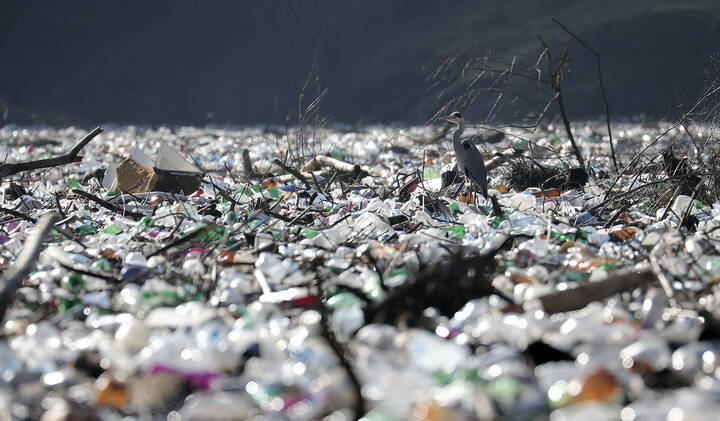Representatives from 175 countries have convened in Nairobi, Kenya, to resume negotiations aimed at crafting a binding global treaty to address the escalating issue of plastic pollution. The meeting, hosted by the United Nations Environment Programme (UNEP), marks a critical opportunity for the global community to discuss concrete measures outlined in a draft treaty published in September.
Read More: London Tube Map Gets a Dash of African Flavor – Rebecca Enonchong
Plastic pollution poses severe environmental challenges, with petrochemical plastics contaminating oceans, mountaintops, and even human biological systems. Microplastics have been detected in blood and breast milk, emphasizing the urgency of tackling this pervasive issue.
The negotiations, running from November 13 to 19, follow the commitment made last year by countries to finalize a comprehensive global treaty combating plastic waste by the end of 2024. While there is a consensus on the need for such a treaty, diverse perspectives exist on the strategies to be adopted.
A key point of contention revolves around the proposed measures, with environmentalists and several countries advocating for a ban on single-use plastics and stringent regulations. In contrast, the plastics industry and major producer countries emphasize recycling and enhanced waste management as more viable solutions.
The draft treaty, termed the “zero draft,” encompasses a spectrum of possibilities, prompting discussions on whether it will be a nature-centric pact or one that accommodates the plastics industry. Plastic production has more than doubled in the past 20 years, reaching 460 million tonnes annually, and is projected to triple by 2060 if unchecked.
Plastic pollution also contributes to global warming, accounting for 3.4% of global emissions in 2019, a figure projected to double by 2060. As the negotiations unfold, concerns have been raised about the reluctance of some countries, including the United States, China, Saudi Arabia, and OPEC members, to consider reducing plastic production.
Read More: Global Population Hits 8 Billion, African Fertility Rates Stable
This meeting in Nairobi represents the third of five sessions in a fast-track process designed to conclude negotiations by the end of 2024. The outcome of these deliberations will play a pivotal role in determining the success of the treaty in addressing the global plastic pollution crisis.
